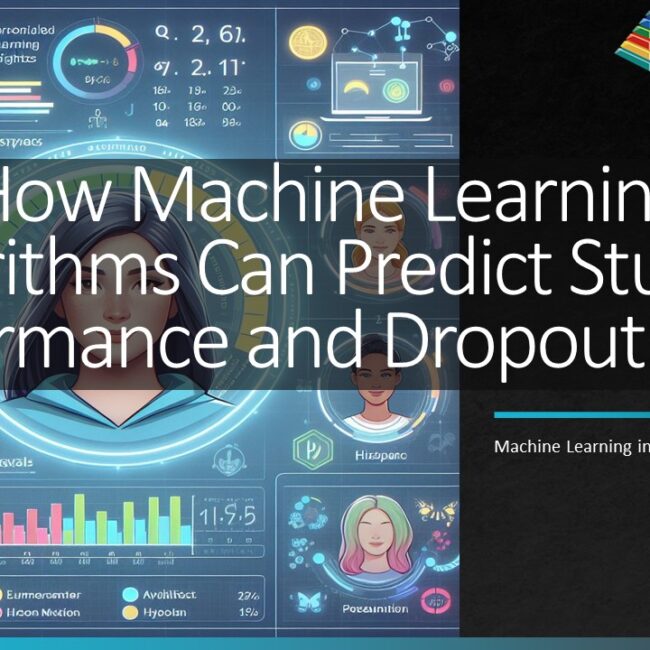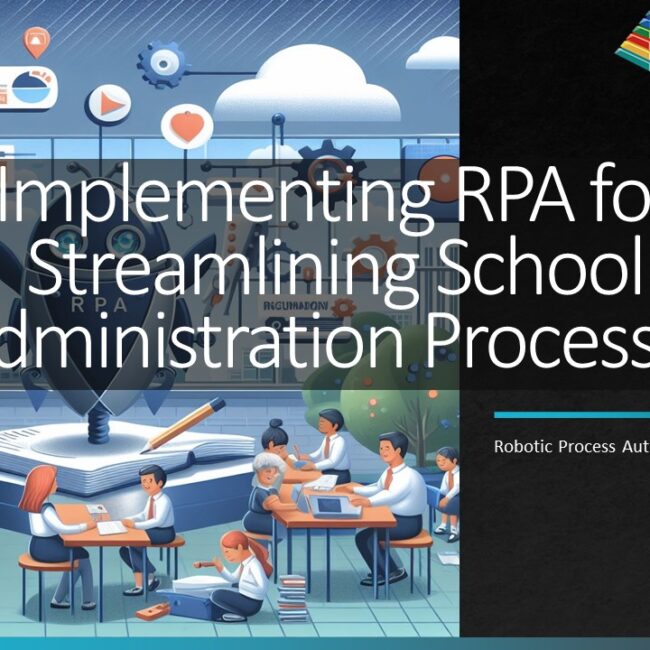
How Machine Learning is Transforming Predictive Analytics in Healthcare
The integration of Machine Learning (ML) into healthcare is heralding a new era of medical innovation, particularly in the realm of predictive analytics. This transformation promises to enhance patient care, improve outcomes, and streamline healthcare operations. For healthcare decision-makers, understanding the impact of ML on predictive analytics is crucial for harnessing its potential to revolutionize the healthcare sector. This blog aims to demystify how ML is transforming predictive analytics in healthcare, presented in an accessible and actionable manner.
The Essence of Machine Learning in Healthcare
Machine Learning, a subset of artificial intelligence (AI), involves the development of algorithms that can learn from and make predictions or decisions based on data. In healthcare, ML excels in identifying patterns within vast datasets – something that is beyond human capability to process efficiently. This ability is particularly beneficial for predictive analytics, where the goal is to anticipate future events or conditions based on historical data.
Transforming Predictive Analytics: The Role of ML
Early Disease Detection and Diagnosis
One of the most significant contributions of ML to healthcare is its ability to detect diseases at an early stage. By analyzing patterns in medical imaging, laboratory results, and patient records, ML algorithms can identify subtle signs of conditions such as cancer, diabetes, or heart disease much earlier than traditional methods. Early detection can lead to timely intervention, dramatically improving patient outcomes.
Personalized Treatment Plans
ML’s predictive analytics extend to forecasting how individual patients might respond to various treatments. By considering a patient’s medical history, genetics, and lifestyle, ML models can predict the most effective treatment strategies. This personalized approach not only enhances care but also reduces the trial-and-error process often associated with finding the right treatment, saving both time and resources.
Predicting Patient Outcomes
Predictive analytics powered by ML can forecast patient outcomes with remarkable accuracy. For instance, by analyzing data from previous surgeries, ML can predict potential complications, recovery times, and the likelihood of readmission for similar future procedures. This information is invaluable for both planning treatment paths and managing hospital resources efficiently.
Enhancing Preventive Care
ML can identify patients at high risk of developing certain conditions before they occur. For example, by analyzing lifestyle data, family history, and other health indicators, ML algorithms can predict an individual’s risk of developing chronic diseases. This allows healthcare providers to offer targeted preventive measures, potentially averting the onset of disease.
Practical Applications and Success Stories
Several healthcare institutions globally are already leveraging ML in predictive analytics with significant success. For instance, some hospitals use ML algorithms to predict patient influx during different times of the year, enabling better staffing and resource allocation. Another example is the use of ML in wearable health devices, which monitor vital signs and can predict potential health issues, alerting users and their healthcare providers.
Navigating the Challenges
Despite its promise, the integration of ML into healthcare predictive analytics is not without challenges. These include data privacy concerns, the need for large and diverse datasets to train algorithms, and the requirement for healthcare professionals to interpret and act on ML insights appropriately. Addressing these challenges is essential for the successful adoption of ML in healthcare.
The Future is Now
The integration of Machine Learning into predictive analytics is not a distant future prospect but a current reality transforming healthcare. For decision-makers in the healthcare sector, embracing ML offers an unprecedented opportunity to enhance patient care, optimize operations, and lead in the innovation front. As we continue to navigate this technological revolution, the focus must remain on leveraging ML responsibly, ensuring it complements human expertise to improve health outcomes for all.
In conclusion, Machine Learning is reshaping the landscape of predictive analytics in healthcare, offering tools to predict diseases earlier, personalize treatments, forecast outcomes, and enhance preventive care. For healthcare decision-makers, understanding and embracing ML’s potential is key to driving forward healthcare innovation and improving patient care in the digital age.




